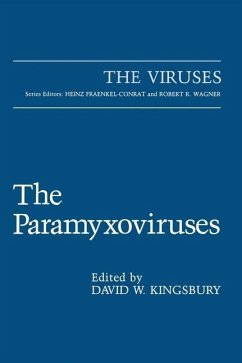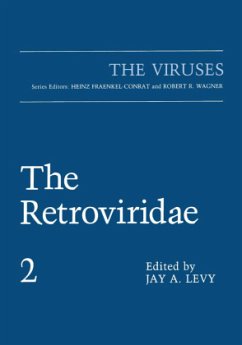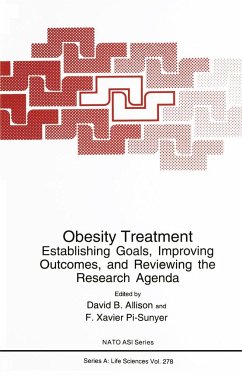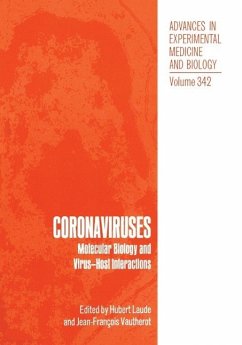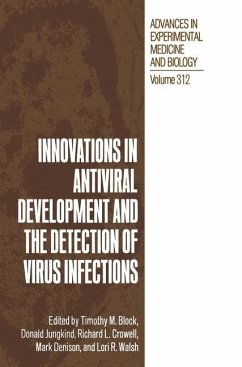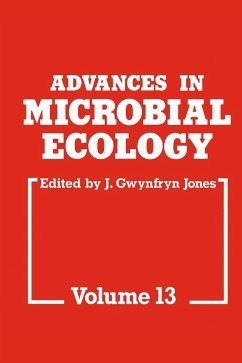Nicht lieferbar
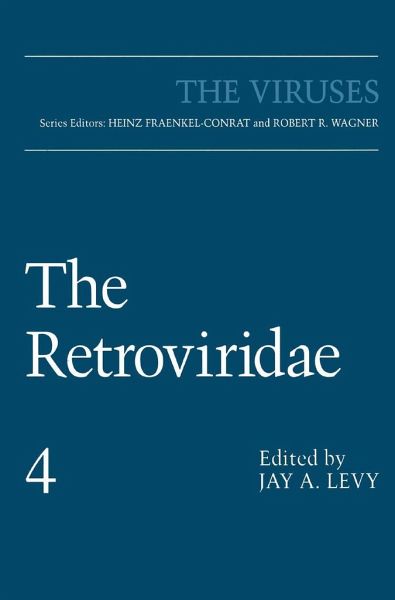
The Retroviridae Volume 4
Versandkostenfrei!
Nicht lieferbar
depth overview of the retrovirus family. I have greatly enjoyed and learned from this experience. Each chapter is an excellent introduction to the topic covered and provides a good foundation for further work in the field. Jay A. Levy University of California School of Medicine San Francisco, California REFERENCES Brown, E. W., Yuhki, N., Packer, C., and O'Brien, S. J., 1994, A lion lentivirus related to feline immunodeficiency virus: Epidemiologic and phylogenetic aspects, ,. Viral. 68:5953-5968. Merza, M., Larsson, E., Steen, M., and Morein, B., 1994, Association of a retrovirus with a wasti...
depth overview of the retrovirus family. I have greatly enjoyed and learned from this experience. Each chapter is an excellent introduction to the topic covered and provides a good foundation for further work in the field. Jay A. Levy University of California School of Medicine San Francisco, California REFERENCES Brown, E. W., Yuhki, N., Packer, C., and O'Brien, S. J., 1994, A lion lentivirus related to feline immunodeficiency virus: Epidemiologic and phylogenetic aspects, ,. Viral. 68:5953-5968. Merza, M., Larsson, E., Steen, M., and Morein, B., 1994, Association of a retrovirus with a wasting condition in the Swedish moose, Virology 202:956-961. Contents Chapter 1 The Human Immunodeficiency Viruses Edward Barker, Susan W Barnett, Leonidas Stamatatos, and Jay A. Levy I. Introduction .................................................... 1 TI. Description of Agent . . . . . . . . . . . . . . . . . . . . . . . . . . . . . . . . . . . . . . . . . . . . . 2 A. Virus Structure .............................................. 2 B. Genetic Organization and Gene Function ...................... 2 TIL Transmission.................................................... 7 A. General Observations ........................................ 7 B. HIV Transmission by Blood and Blood Products ................ 8 C. HIV Transmission by Genital Fluids ........................... 10 D. HIV Transmission by Other Body Fluids ....................... 12 E. Mother-to-Child Transmission ................................ 12 IV. HIV Infection of the Cell . . . . . . . . . . . . . . . . . . . . . . . . . . . . 13 . . . . . . . . . . . . . A. Introduction ................................................. 13 B. HIV-Cell Interaction............ ............... .............. 15 C. CD4-Induced gp120 Conformational Changes .................. 16 D. Soluble CD4-Induced gp120-gp41 Dissociation..... ............ 16 E. gp120 Proteolytic Cleavage ................................... 17 F. pH-Independent Membrane Fusion ............................ 19 G. Transmission of HIV by Cell-to-Cell Fusion.................... 19 H. Additional Cell Surface Receptors for HIV ..................... 20 I. The Envelope Region and Cell Tropism ........ . . . . . . . . . . . . 21 . . . .







